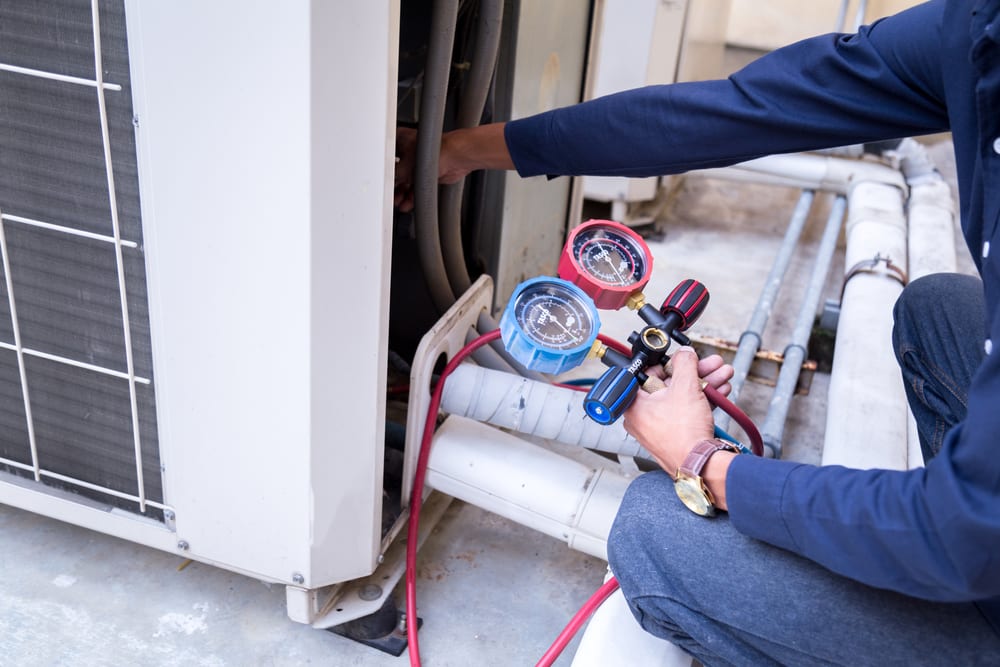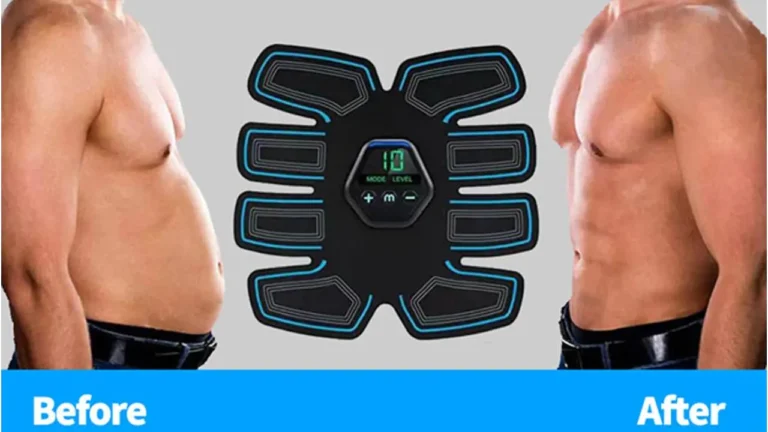HVAC Upgrades: Navigating the Repair vs. Replace Dilemma
When your HVAC system starts acting up, you’re faced with a pretty big decision: should you repair what you already have or replace it entirely? For many homeowners in California, making the right choice doesn’t just come down to cost and it shouldn’t for you either. It’s about comfort, energy efficiency, and preparing for the future. Here’s a helpful guide to help you decide whether to repair or replace your aging HVAC system.
Assessing the Age of Your HVAC System
Age is one of the most significant factors that you need to take into consideration when you’re deciding whether to repair or replace. Most HVAC systems have a lifespan of somewhere in the15-20 years range. If your system is coming up on or has surpassed this age range, it might be time to consider replacement. As HVAC systems age, they generally become less efficient and more prone to breakdowns. For example, if your air conditioner or heat pump is over 10 years old, or if your furnace is over 15 years old, upgrading to a newer, more energy-efficient model might be a smart choice.
Consider the Frequency and Cost of Repairs
Frequent repairs can be a big warning sign that your home’s HVAC system is coming up on the end of its useful life. If you find yourself constantly fixing the system, tally up the costs: if they start to approach 50% of the value of a new system, replacement is usually the more economical long-term choice. You can also apply the “5,000 rule” — multiplying the age of the equipment by the repair cost — can guide your decision. If the result exceeds $5,000, replacement might be your best bet.
Evaluating Energy Efficiency
Modern HVAC systems are far more energy-efficient than their older counterparts. If your current system has a low SEER rating or a lower AFUE percentage, upgrading can help you reduce your energy bills. For instance, upgrading from an air conditioner with a SEER rating of 9 to one with a SEER of 14 can cut cooling costs by more than 35%.
Technological Improvements and Environmental Considerations
Today’s HVAC systems come with some newer and more advanced features like smart thermostat compatibility, variable speed motors, and improved refrigerant that are not only energy-efficient but also environmentally friendly. If reducing your carbon footprint and enhancing indoor air quality are priorities for you, upgrading to a system that uses the latest technology might be worth the initial investment.
Incentives and Warranties
Check if there are any federal or state tax credits, rebates, or other incentives available for installing energy-efficient HVAC systems. These can help reduce some of the initial cost of installing a new system. Also, a new system comes with a warranty, which can provide peace of mind and protect against future repair costs.
Final Thoughts: Repair or Replace?
Ultimately, if your HVAC system is relatively new and the repair is minor, fixing it might make sense. However, if the system is old, less efficient, and the repairs are costly and frequent, replacing it could be a smarter financial and practical move. Upgrading your system can offer long-term savings, better performance, and an increase in your home’s value and comfort.
When you’re ready to explore your options, or if you need more personalized advice, reach out to a professional HVAC company like Valley Comfort Heating and Air. They can help make sure you get the most out of your heating and cooling solutions, without turning it into a sales pitch. Your comfort is our commitment, and we’re just a call away to help you make the best decision for your home.
Keep an eye for more news & updates on Buzz Released!





